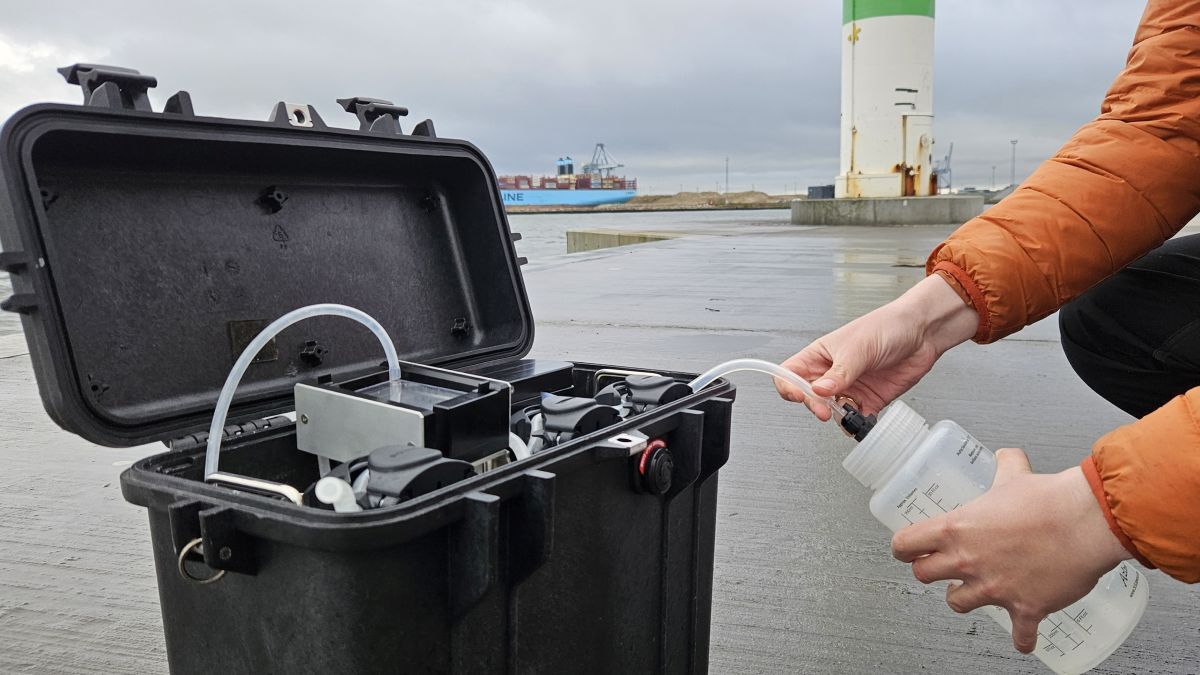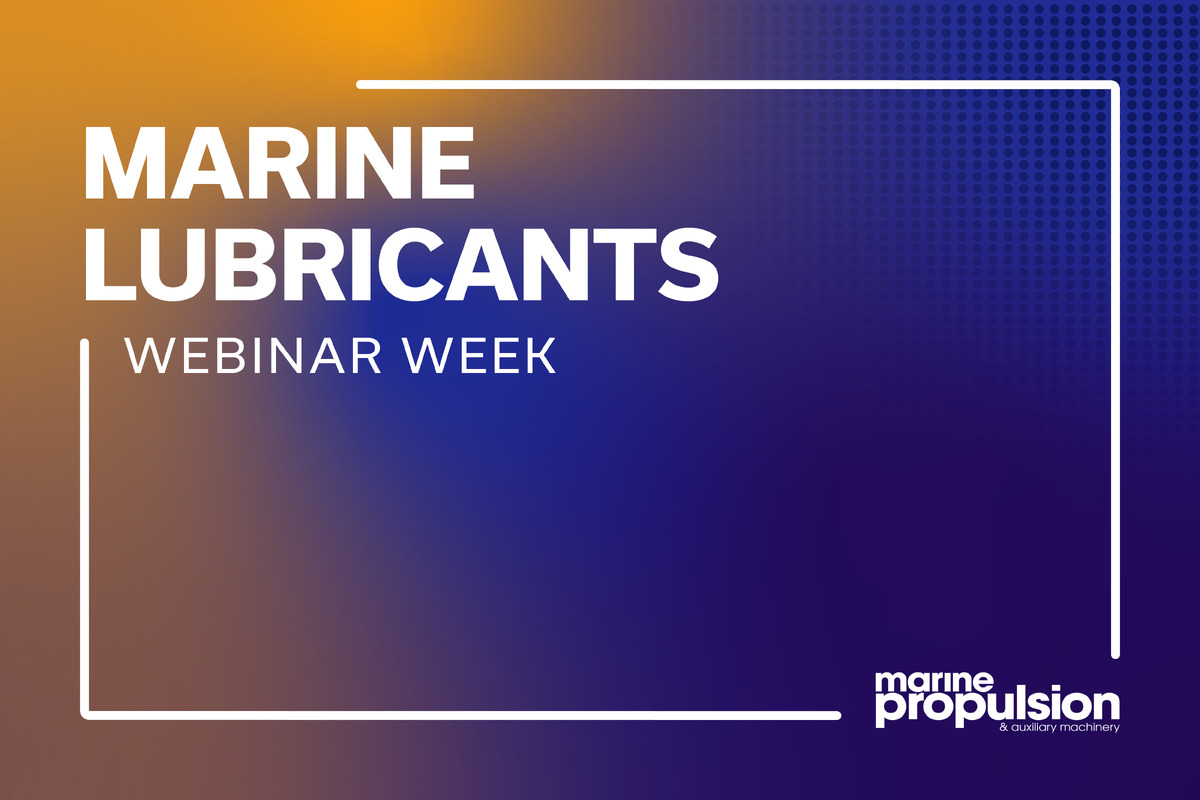Business Sectors
Contents
Shell investors re-elect CEO Wael Sawan, query use of LNG to cut emissions
With close to 99% support, Shell chief executive Wael Sawan was asked about a takeover bid for UK energy major BP and LNG’s compatibility with stated environmental goals
Shell’s annual general meeting (AGM) saw investors vote in support of chief executive Wael Sawan and Shell’s board, while asking probing questions about the business’ near and long-term strategy moves.
The US-based oil and gas major reported that 98.67% of voting shareholders backed the continuation of Mr Sawan as chief executive and 91.43% supported board chair Andrew Mackenzie’s reappointment. The remaining members of the board were reappointed with 96% support or greater.
Investors also backed Shell’s continued strategy of share buy-backs, which the chief executive has strongly supported, with reports he prefers the use of Shell’s investment resources for that purpose over a takeover bid for rival oil and gas major BP.
With BP announcing a strategic reset in March 2025, dropping sustainability targets and spending on the energy transition in favour of targeting a roughly 60% increase in oil and gas production by 2030, and years of lower-than-expected performance, Bloomberg reported in early May that Shell was considering a takeover bid for the British-based company.
BP’s earnings report from 2024 showed the company posted its weakest quarter in Q4 2024 for five years, and an overall profit of US$8.9Bn for the full year, representing a drop of more than a third from BP’s 2023 profit results, but Shell chief executive Sawan told investors at the Shell AGM that there is a very high bar for mergers and acquisitions. The Bloomberg report said Shell is waiting for further stock and oil price declines before deciding whether to pursue a bid, and Mr Sawan said Shell’s share price makes buy-backs attractive.
Another strategy point came in the form of an investor-led query, Resolution 22, which is seeking an explanation on how Shell’s strategy to boost LNG sales reconciles with the company’s aims of curbing the vast emissions footprint linked to its activities.
Shell’s statement on the resolution, which saw 21% support from investors, said "The level of votes on Resolution 22 requires us to explain what actions we intend to take to consult shareholders in order to understand the reasons behind the result, and report back within six months. We will meet this obligation by continuing to engage with shareholders and we welcome feedback in terms of our LNG disclosures... and how our LNG business reconciles with our broader strategy and climate commitments."
While Mr Sawan called LNG "the biggest contribution Shell will make to the energy transition," and said "LNG is a versatile low-carbon fuel that is going to be essential for the energy transition," citing replacement of coal with gas as justification. LNG’s core methane molecule is a potent greenhouse gas with short-term climate impacts that are much higher than carbon dioxide.
Sign up for Riviera’s series of technical and operational webinars and conferences:
- Register to attend by visiting our events page.
- Watch recordings from all of our webinars in the webinar library.
Related to this Story
Events
TUGTECHNOLOGY '25
Reefer container market outlook: Trade disruption, demand shifts & the role of technology
Asia Maritime & Offshore Webinar Week 2025
Marine Lubricants Webinar Week 2025
© 2024 Riviera Maritime Media Ltd.














